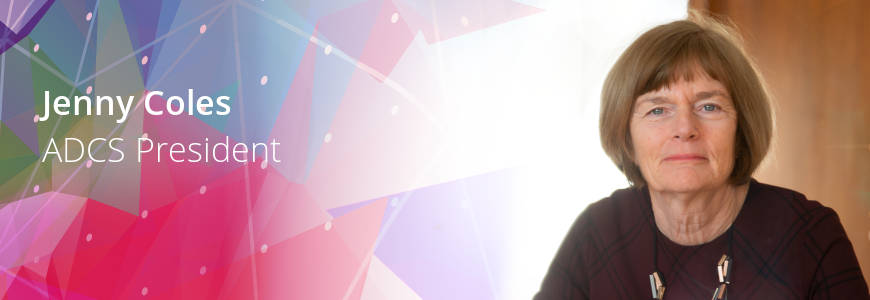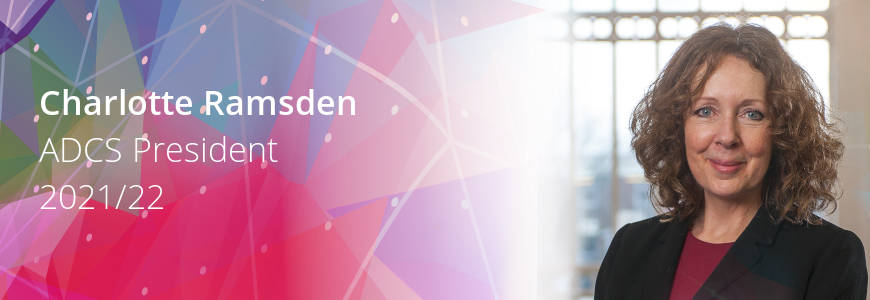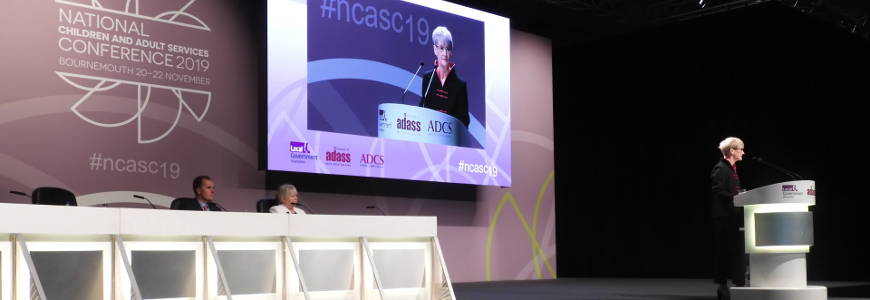We must do more to understand ACEs, but recognise they have their...

The concept of adverse childhood experiences (ACEs) originated in America over two decades ago. The theory is that the more ACEs someone experiences, the greater their risk of poor outcomes in later life, in part because early exposure to toxic levels of stress arising from traumatic events can change the way the brain develops. This impacts on a child’s ability to navigate everyday life which in turn increases their risk of developing health harming behaviours, including obesity and drug use.
Awareness of ACEs has grown in recent years and in many ways it offers us an accessible narrative for talking about the lifelong impact of trauma in early childhood. All to the good but no two people, or their experiences, are ever the same and I worry about oversimplification. Childhood experiences and events can shape who we become as adults but we also know that strong, consistent relationships can ease the worst effects of early adversity.
Ten traumatic events or circumstances, including domestic abuse and divorce feature, however, other known determinants of poor health and wellbeing, such as social inequality or food insecurity, are not considered here. People’s lives, their vulnerabilities as well as their personal resilience and support networks cannot be easily captured via ACE screening tools; the love and support of siblings, stepparents or even a teacher can help a child to come to terms with grief or loss.
As you can tell my feelings about ACEs are mixed. On the one hand raising awareness of the impact of adversity on children’s lives and outcomes can open the door to new multi-agency responses but on the other hand the notion of working through a clinical checklist to arrive at a score can be limiting. This could retraumatise a child whose life and experiences do not fit within neat boxes plus their risks or vulnerabilities can change over time. Instead a holistic assessment of need is required as are strengths and relationship-based approaches to support in order to build resilience and empower children and young people.
An appreciation of ACEs can engender greater understanding of the challenges children face and has real value in raising the awareness of childhood and family distress and adversity amongst the wider public, politicians and policy makers. However, this should not be used to label or stigmatise individuals or groups, such as children in our care.
It would be a significant step forward if the government took trauma aware approaches to developing new policies as would the prioritisation of early help and support to prevent the escalation of distress. An even bigger and bolder step would be the widespread adoption and use of trauma informed responses across all public services. This public health style response may help us to respond the consequences of the pandemic. Covid-19 could be amplifying some challenges and may have given rise to many more. Plus, the economic fallout may be with us for years to come so we do not yet know how this experience will impact on the lives and futures of children and young people.
This column first appeared on the CYP Now website on 29 September 2020 https://www.cypnow.co.uk/other/article/adverse-childhood-experiences-policy-context
Related Articles
Childhood Matters acts as an update to the Association’s 2017 policy paper, A...
In General
On Thursday 9th July 2015, Alison O’Sullivan, President of the Association of...
In General
Commenting on Ofsted’s ‘Matching in foster care’ report, Edwina Grant,...
In General
Charlotte Ramsden, ADCS President, comments on proposals to create a national...
In General
The Association recently held its annual conference in Manchester. This was the...
In General
Rachel Dickinson responds to the government consultation on unregulated settings
In General
Early this year the government is set to publish its long awaited Levelling Up...
In General
Charlotte Ramsden, ADCS President, comments on new ‘hidden men’...
In General
Commenting on the Children’s Commissioner’s report, ADCS Vice President...






